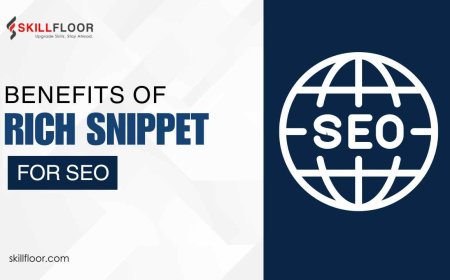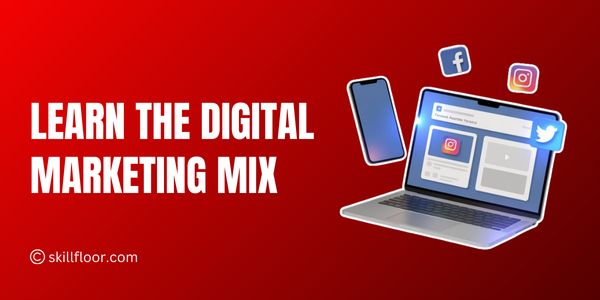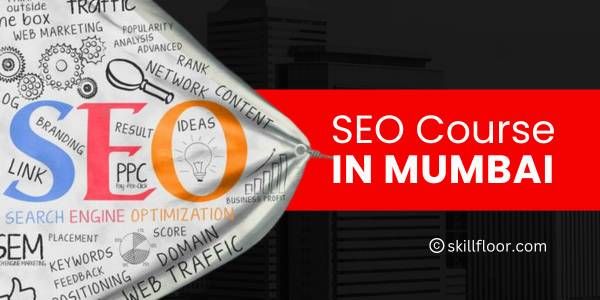Understanding the ROI of PPC vs. SEO
Explore the ROI differences between PPC and SEO strategies. Understand their impact on digital marketing performance and business growth.
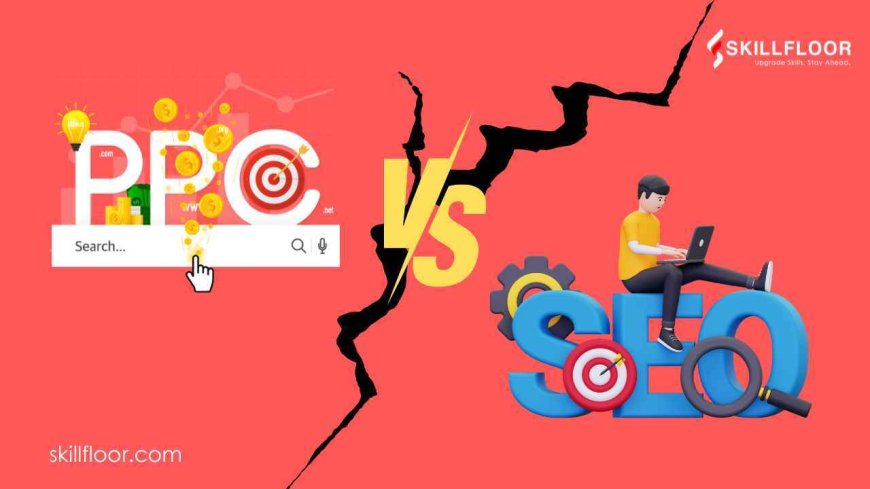
Understanding the ROI of PPC vs SEO is essential in the constantly evolving world of digital marketing to formulate effective strategies. When it comes to investment returns, PPC vs SEO each has different advantages and difficulties. As we compare SEO vs PPC, it's important to understand how both strategies affect the performance of your campaign. Pay-per-click offers targeted advertising alternatives and quick traffic rises, while SEO, or search engine optimization, gradually expands organic reach more sustainably. Choosing PPC vs SEO is frequently like going through a maze of options, with each choice having an immediate impact on your business's results. We will look at important metrics and insights about the ROI of PPC vs. SEO discussion to help you decide which approach could be better for your particular objectives while keeping in mind related variables like cost, scalability, and time investment.
The Basics of ROI in Digital Marketing
To fully understand PPC vs. SEO, it is necessary to know the fundamentals of return on investment (ROI) in digital marketing. Return on Investment, or ROI, calculates how profitable your marketing campaigns are about the expenses you expend. It provides a straightforward response to the query, "Are the results worth the investment?" If your marketing approach is making more money than it costs, you would have a positive return on investment (ROI); if not, you would have a negative ROI.
Comparing the revenue from your marketing activities to the expenditures is the first step in calculating ROI. The ROI formula is:
ROI = (Amount Gained - Amount Spent)/ Amount Spent x 100
Businesses may more wisely use their marketing expenditures when they have a clear understanding of return on investment, ensuring that every dollar invested promotes overall growth and profitability.
Understanding PPC
Online advertisers that use pay-per-click, or PPC, advertising pay a fee each time their ad is clicked. It's a method of purchasing website visits as opposed to gaining them naturally. PPC ads are very visible to prospective buyers since they usually show up at the top of search engine results pages (SERPs).
Benefits of PPC
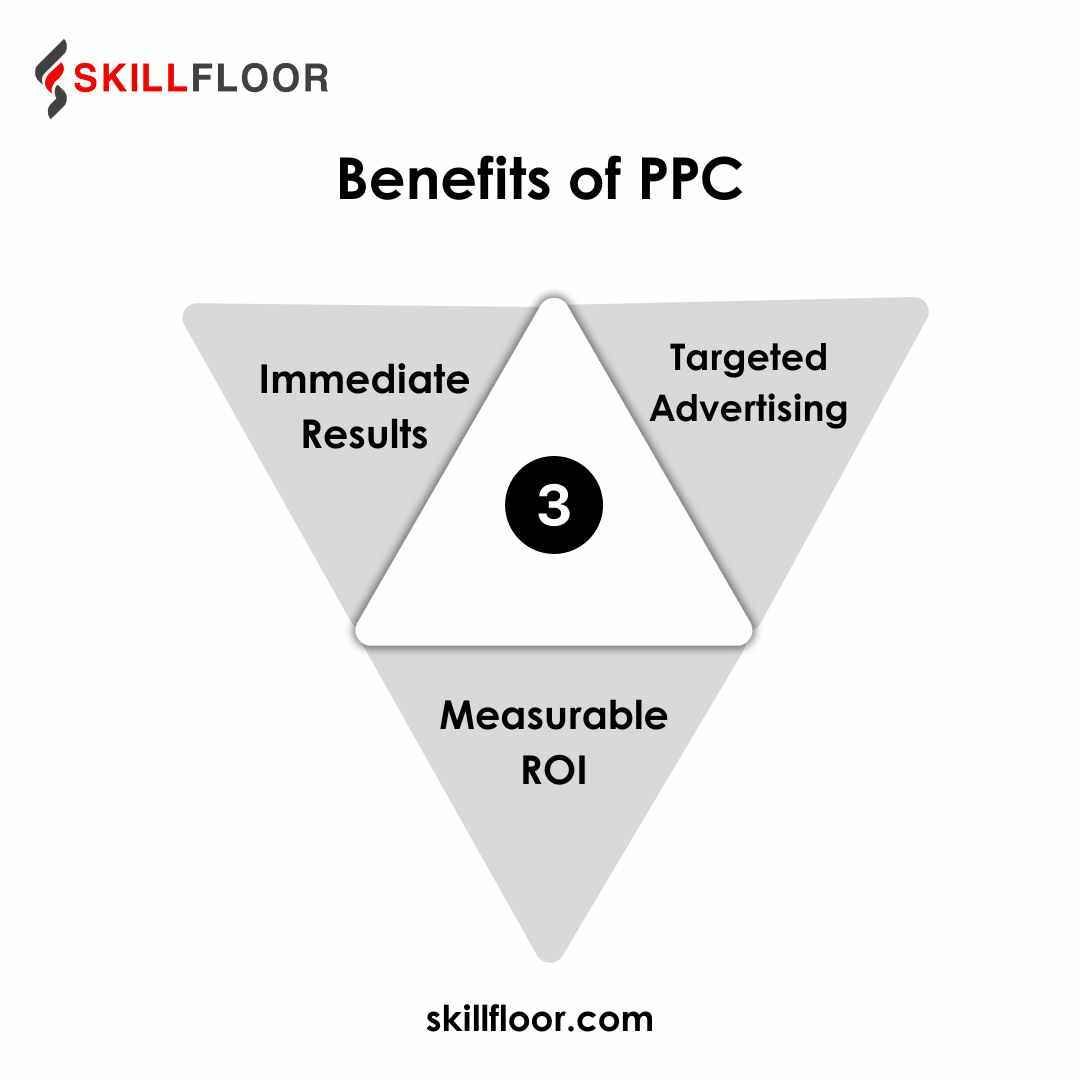
Immediate Results: One of PPC's main benefits is how quickly you may see results. Your advertisements might begin generating traffic nearly immediately after your campaign goes live.
Targeted Advertising: PPC advertising enables you to target particular regions, demographics, and even the times of day that your adverts are displayed. This accuracy guarantees that the correct people see your advertisements.
Measurable Return on Investment: PPC systems, such as Google Ads, offer comprehensive analytics that let you monitor the effectiveness of your advertising. This data-driven methodology facilitates ROI calculations and strategy adjustment.
Understanding SEO
Search engine optimization, or SEO, is the process of making your website more visible in natural search results. In contrast to PPC, SEO concentrates on enhancing site efficiency and structure in addition to generating visitors via useful and relevant content.
Benefits of SEO
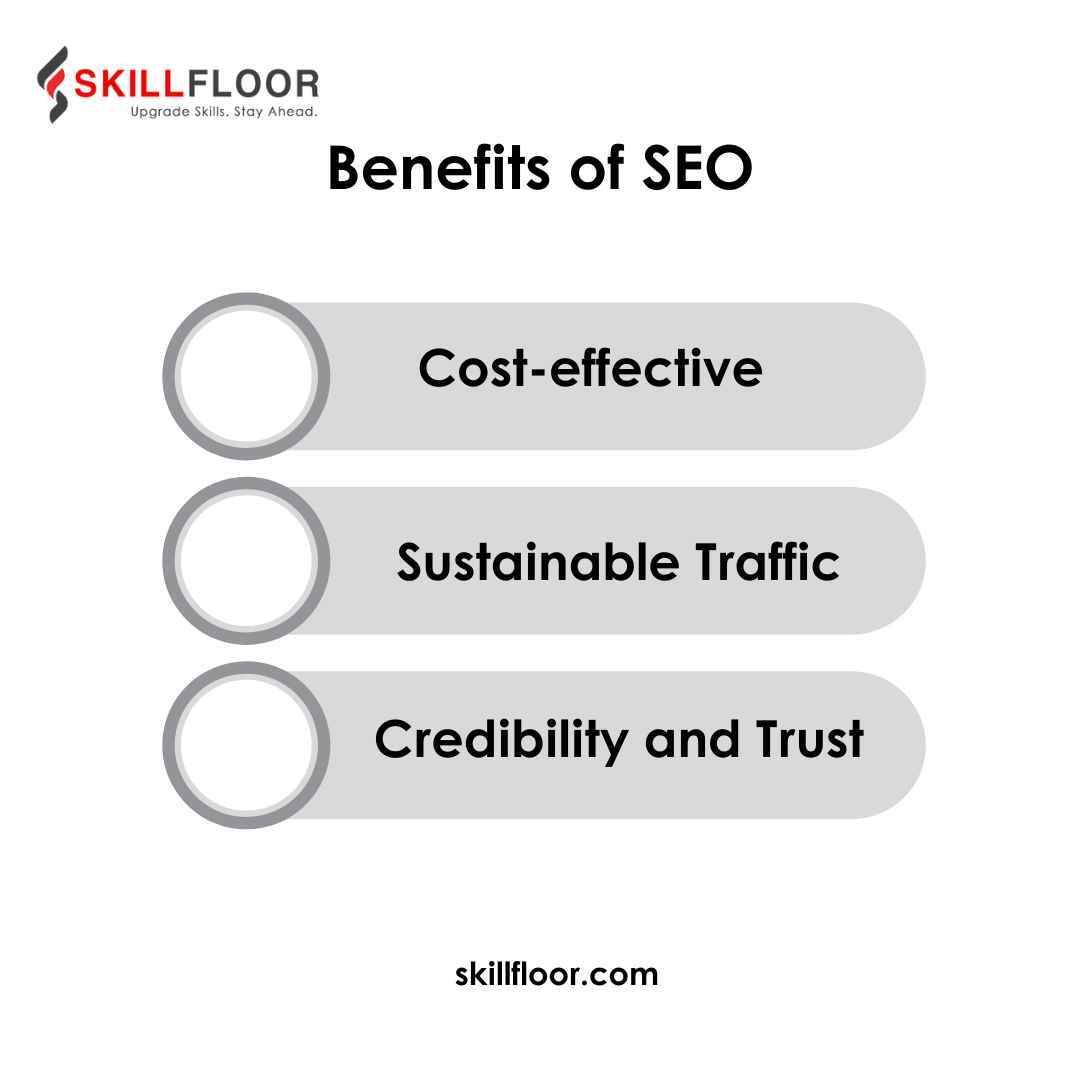
Cost-effective: While creating content and optimization are one-time expenses for SEO, overall costs are lower than those of PPC.
Sustainable Traffic: Over time, consistent traffic can be generated by excellent SEO efforts. Your website won't need constant advertising if it starts to rank well.
Credibility and Trust: Users tend to view organic search results as having greater credibility. Credibility for your brand can be increased with a higher organic rating.
However, there are certain disadvantages to SEO. It frequently takes months of persistent work before noticeable increases in traffic and ranks are seen. Results are gradual.
Comparing ROI for PPC vs. SEO
It's essential to take into account both the short- and long-term benefits when evaluating the return on investment of PPC vs. SEO.
PPC is perfect for events, promotions, and the introduction of new products because it provides instant traffic and quick wins. Your ROI may increase quickly as a result of the quick conversions that can result from the instant visibility.
On the other hand, SEO is a long-term strategy. It provides a solid basis for continuous organic traffic growth that can happen over time. Although the results of SEO may not be seen right away, they can add up over time as your website gains popularity and more visits.
Businesses should assess their objectives, financial constraints, and timetable to make an informed choice. For example, PPC may be the best option if your objective is instant traffic and you have the necessary funds.
On the other hand, SEO can be more advantageous if your goal is to increase organic traffic over the long term and you have the time to dedicate to content creation and optimization.
Balancing PPC and SEO for Optimal ROI
Finding a balance between PPC and SEO is often the ideal strategy for many companies instead of picking one over the other. PPC and SEO together can have an additive impact that increases return on investment.
Advantages of an Integrated Strategy:
Comprehensive Coverage: You can dominate sponsored and organic search results by leveraging PPC and SEO together, which will raise your profile overall.
Data sharing: Your SEO approach can be improved and informed by learnings from PPC campaigns, such as high-performing keywords and audience behavior.
Budget Efficiency: You can depend more on PPC for quick results during busy times of the year or during the introduction of a new product. You can concentrate on bolstering your SEO efforts when things are sluggish.
Challenges and Considerations
While PPC vs. SEO has many advantages, they also have drawbacks. PPC expenses can rise quickly in places with intense competition and demand ongoing control and investment. Even though SEO is ultimately more affordable, it requires perseverance and constant work.
Common Challenges:
PPC Costs: For competitive keywords in particular, the cost-per-click (CPC) may be expensive. To prevent overspending, careful budget management is essential.
SEO Time Frame: Businesses looking for quick returns may find it difficult to see results from SEO efforts, as they may take months to manifest.
Algorithm Changes: Search engine algorithms can alter PPC and SEO. Maintaining performance requires keeping abreast of emerging trends and best practices.
Businesses may better traverse the complicated subject of PPC vs. SEO and make more informed decisions by being aware of these problems and making plans in concert with them.
businesses looking to maximize their digital marketing strategy will find that PPC and SEO each have different advantages and difficulties. While PPC delivers targeted advertising and instant results, SEO gives long-term traffic and increases credibility. A well-rounded strategy involving SEO and PPC can optimize return on investment by utilizing each platform's advantages to provide thorough coverage, data-driven insights, and economic effectiveness.



















































